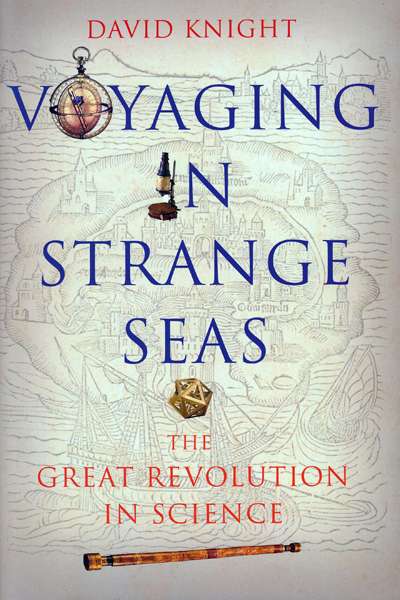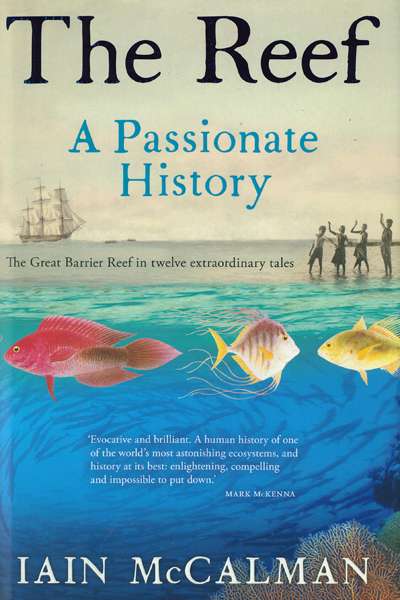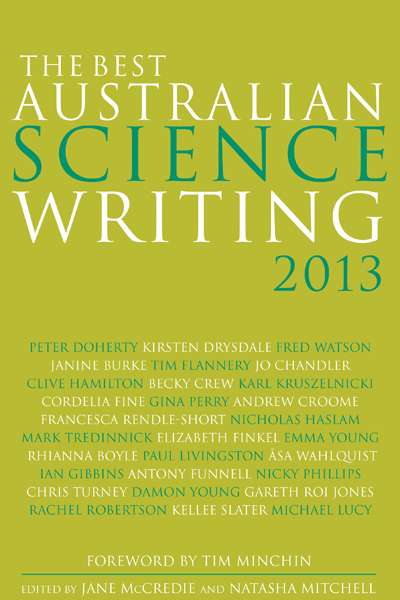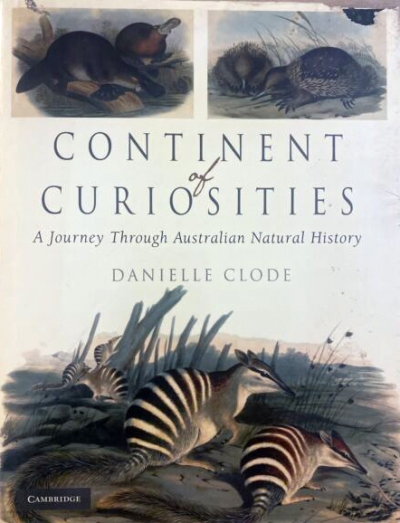Danielle Clode
Many years ago, after working for a while in Europe, we returned to Australia via America. We picked up a car in Atlanta and drove through sprawling cities, alarming slums, and abandoned downtowns. Across Mississippi and the broad, reassuring openness of Texas, to Arizona and the Grand Canyon, we passed through the alien electrics of Las Vegas, down into Death Valley, and up over the Sierra Nevada to the west coast and San Francisco.
... (read more)Voyaging in Strange Seas: The great revolution in science by David Knight
by Danielle Clode •
The Best Australian Science Writing 2013 edited by Jane McCredie and Natasha Mitchell
by Danielle Clode •




